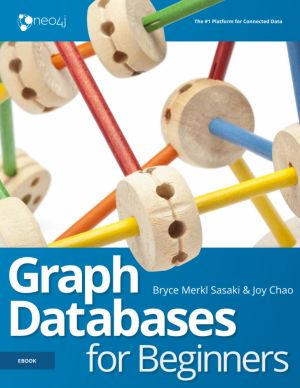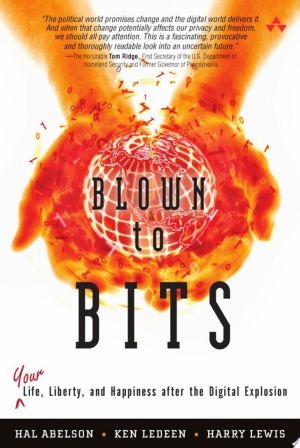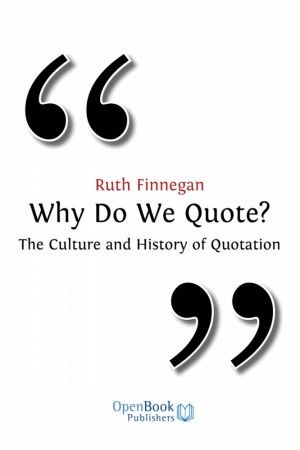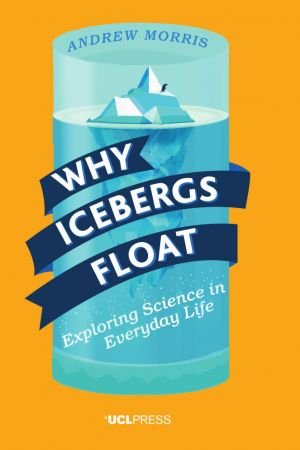Why Icebergs Float
Exploring Science in Everyday Life
by Andrew Morris
DescriptionTable of ContentsDetailsHashtagsReport an issue
The topics explored in each chapter are based on hundreds of discussions the author has led with adult science learners over many years - people who came from all walks of life and had no scientific training, but had developed a burning curiosity to understand the world around them. This book encourages us to reflect on our own relationship with science and serves as an important reminder of why we should continue learning as adults. 






Book Description
From paintings and food to illness and icebergs, science is happening everywhere. Rather than follow the path of a syllabus or textbook, Andrew Morris takes examples from the science we see every day and uses them as entry points to explain a number of fundamental scientific concepts - from understanding colour to the nature of hormones - in ways that anyone can grasp. While each chapter offers a separate story, they are linked together by their fascinating relevance to our daily lives.The topics explored in each chapter are based on hundreds of discussions the author has led with adult science learners over many years - people who came from all walks of life and had no scientific training, but had developed a burning curiosity to understand the world around them. This book encourages us to reflect on our own relationship with science and serves as an important reminder of why we should continue learning as adults.
This open book is licensed under a Creative Commons License (CC BY). You can download Why Icebergs Float ebook for free in PDF format (13.7 MB).
Table of Contents
Chapter 1
Foods We Love and Hate
Chapter 2
Why Old Masters Fade
Chapter 3
Cuts are Red, Veins are Blue ...
Chapter 4
The Dual Nature of Light
Chapter 5
Models
Chapter 6
How We See
Chapter 7
The Brain
Chapter 8
Hormones
Chapter 9
Reflections on Molecules and the Body
Chapter 10
Bacteria, Viruses and Antibiotics
Chapter 11
Floating and Density
Chapter 12
Tides and Gravity
Chapter 13
Energy
Chapter 14
Energy on the Move
Chapter 15
Energy for Life
Chapter 16
Electricity
Chapter 17
MRI and the Brain
Chapter 18
Animal Culture
Book Details
Title
Why Icebergs Float
Publisher
UCL Press
Published
2016
Pages
222
Edition
1
Language
English
ISBN13
9781911307020
ISBN10
1911307029
ISBN13 Digital
9781911307044
ISBN10 Digital
1911307045
PDF Size
13.7 MB
License

Related Books

This book sets out to explain the reasons for the gap between "knowing" and "doing" in view of self-reliance, which is more and more often expected of citizens. In today's society, people are expected to take responsibility for their own lives and be self-reliant. This is no easy feat. They must be on constant high alert in...

In the southern summer of 1972/73, the Glomar Challenger was the first vessel of the international Deep Sea Drilling Project to venture into the seas surrounding Antarctica, confronting severe weather and ever-present icebergs.
A Memory of Ice presents the science and the excitement of that voyage in a manner readable for non-scientists. Woven i...

Whether you're a business executive or a seasoned developer, something has led you on the quest to learn more about graphs - and what they can do for you.
This ebook will take those new to the world of graphs through the basics of graph technology, including: Using the intuitive Cypher query language; The importance of data relationships; K...

This book deals with the relevance of recognition and validation of non-formal and informal learning in education and training, the workplace and society. In an increasing number of countries, it is at the top of the policy and research agenda ranking among the possible ways to redress the glaring lack of relevant academic and vocational qualificat...

For thousands of years, people have been saying that the world is changing and will never again be the same. Yet the profound changes happening today are different, because they result from a specific technological development.
It is now possible, in principle, to remember everything that anyone says, writes, sings, draws, or photographs. Everythi...

Quoting is all around us. But do we really know what it means? How do people actually quote today, and how did our present systems come about? This book brings together a down-to-earth account of contemporary quoting with an examination of the comparative and historical background that lies behind it and the characteristic way that quoting links pa...

